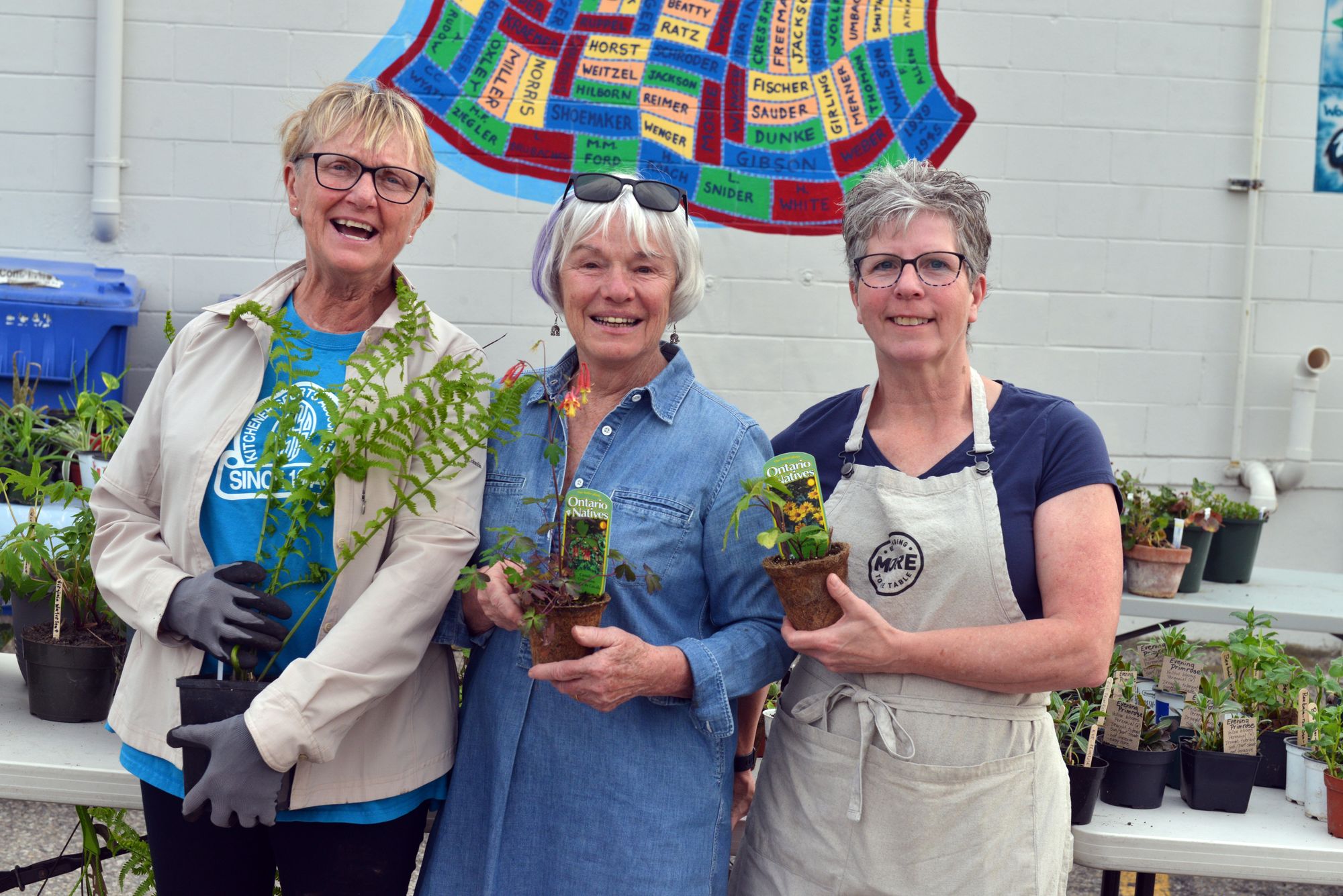The Elmira and District Horticultural Society held its annual plant sale last weekend, raising more than $2,500 to help run programs such as maintaining planters in town and its junior garden club.
“It went really well. We had very successful plant sales and made quite a lovely profit,” said society president Christine Webb.
The group also runs a speaker series, with the next speaker being Lorraine Kuepfer who will be presenting on “Nature As A Healer” at the St. James Lutheran Church on June 19 at 7 p.m. The organization will also be hosting a garden tour on July 8, which is a self-guided tour of seven gardens in the community. It also maintains 13 garden plots around Woolwich.
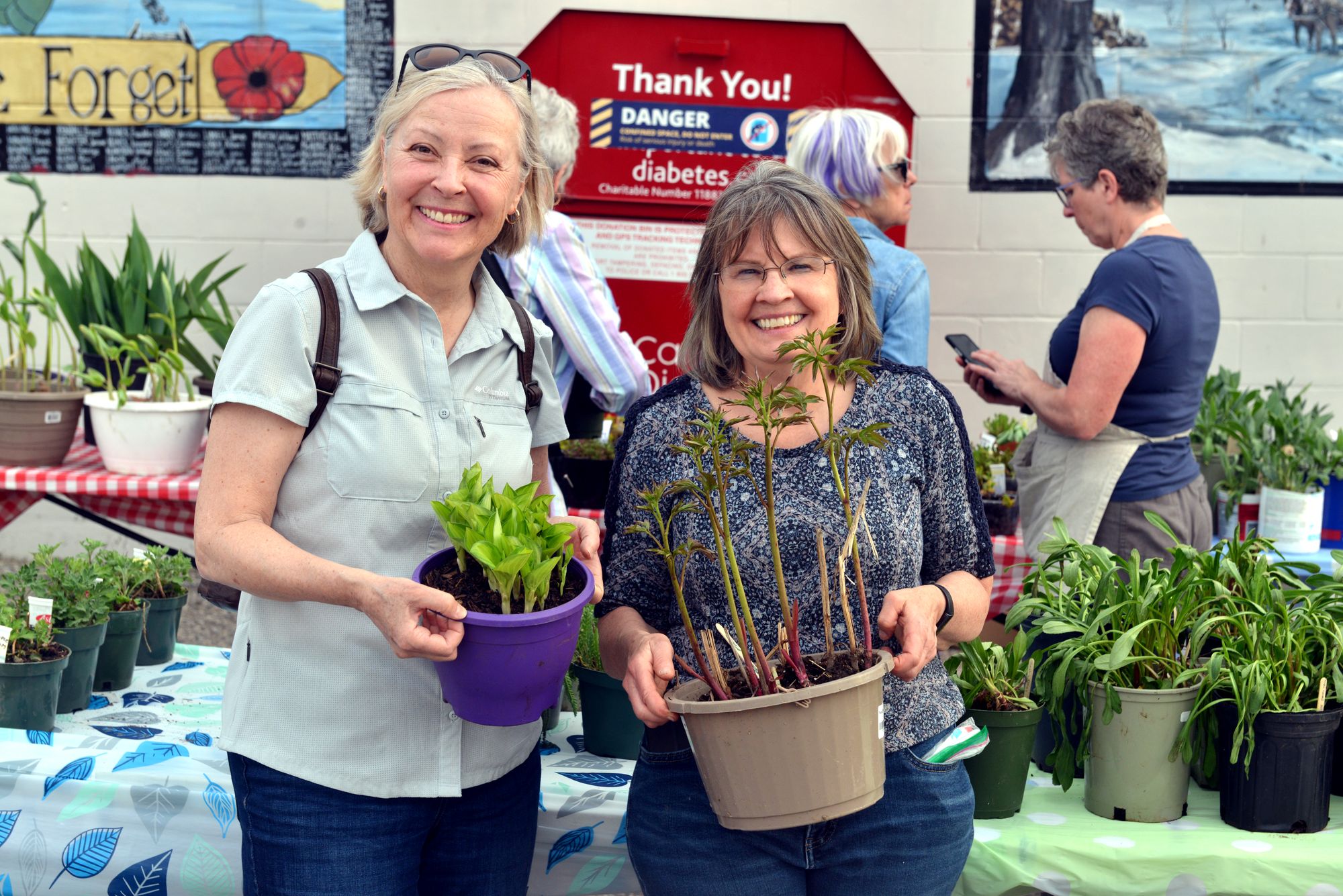
To support the horticultural society, residents grew various plants and flowers in their gardens and donated them to the sale. It was these donations and the volunteers that made the sale a successful one, Webb said.
“There were many volunteers, we’re just so grateful for our group. We have so many nice volunteers that do things. We’re a non-profit. So, it’s really fabulous that we can do that.”
With the long weekend coming up and residents getting ready to do some planting of their own, Webb provided several suggestions for first-time gardeners, including researching beforehand the kind of care each plant requires.
“I have planted plants because I thought they looked great and whatever, and then put them in, they didn’t survive. And then later on, I find ‘Oh, yeah, they need way more sun than that,’ or whatever,” she said.
Marlene Snyder, who oversaw the plant sale, said perennials are easier to plant and maintain than annuals.
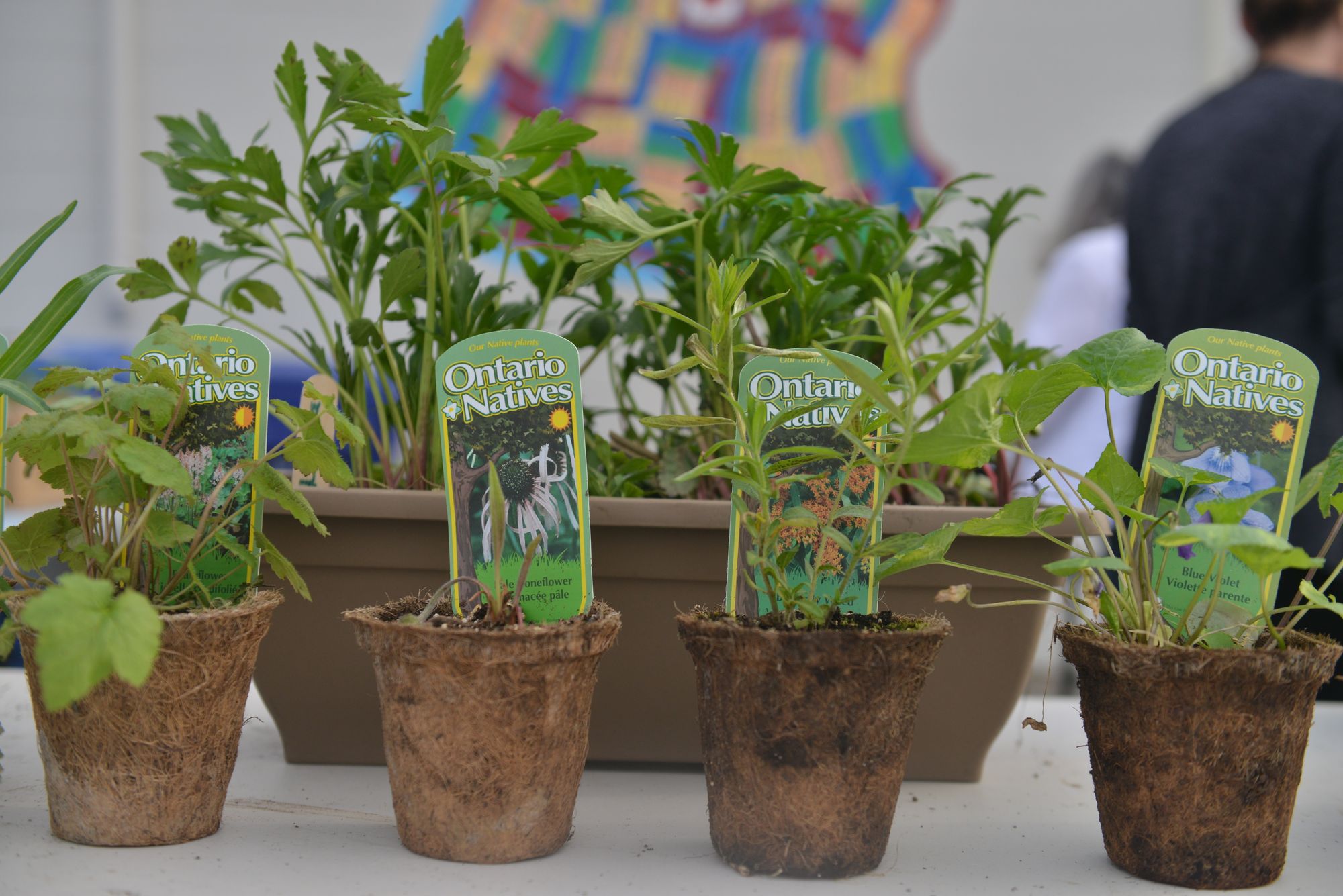
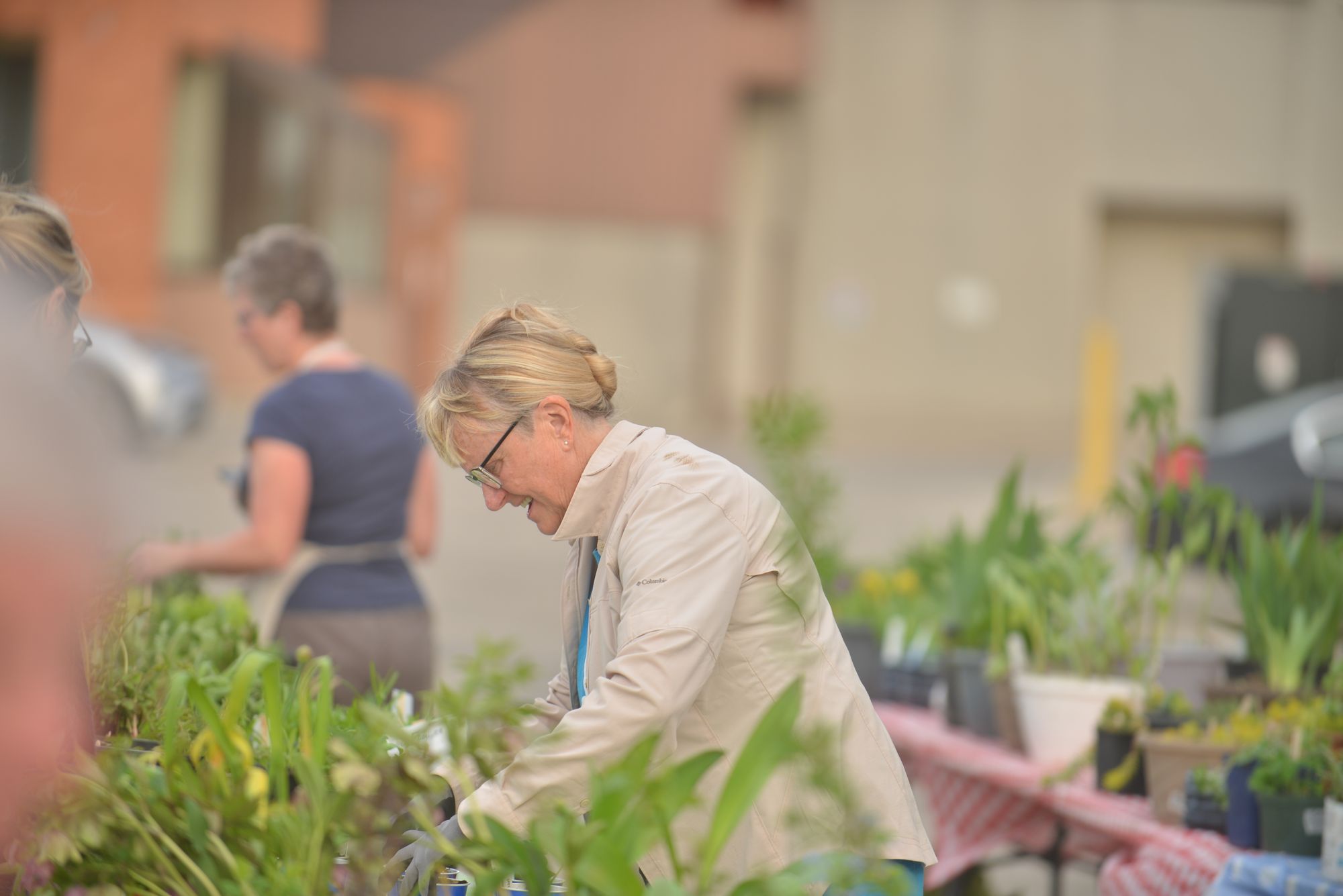
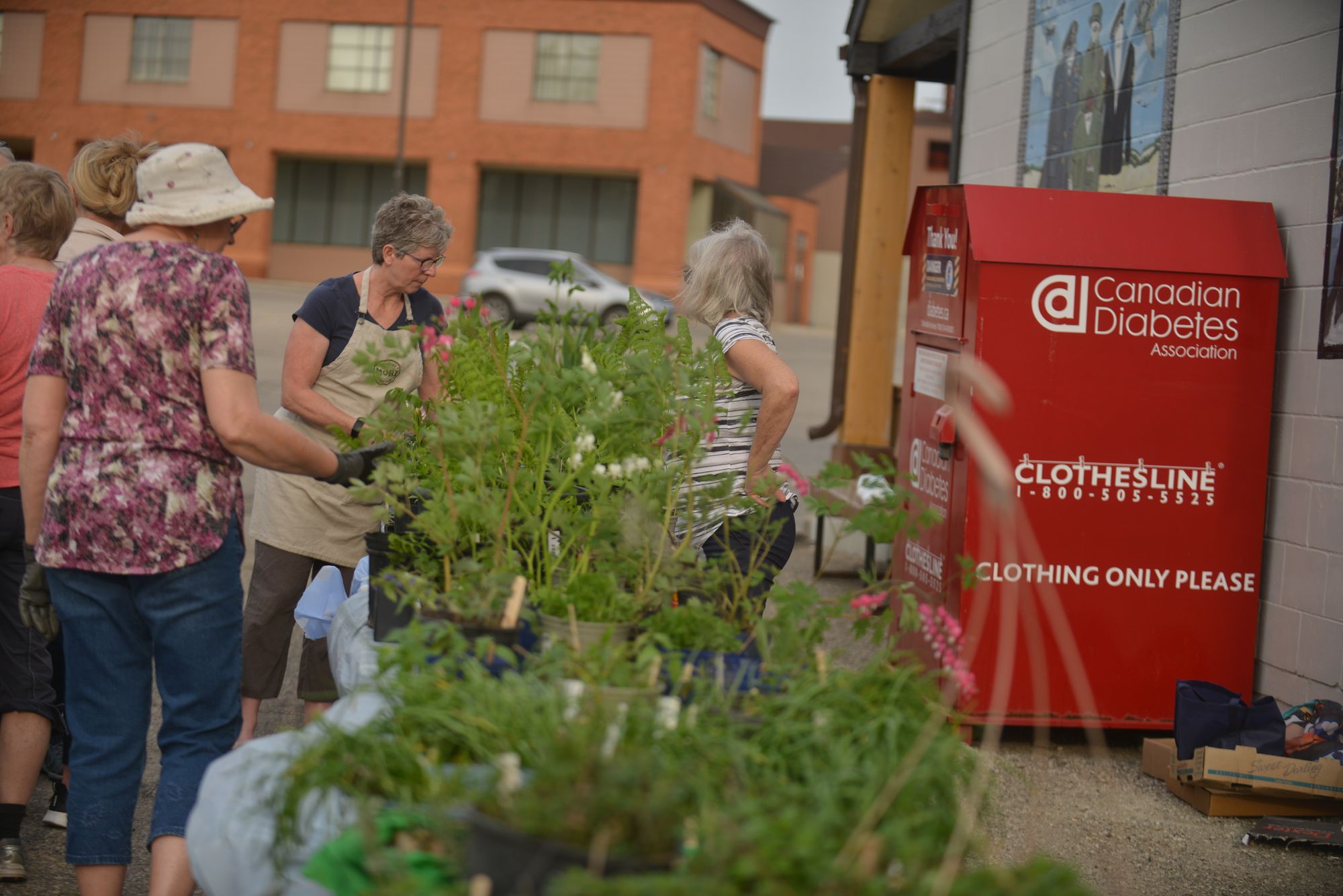
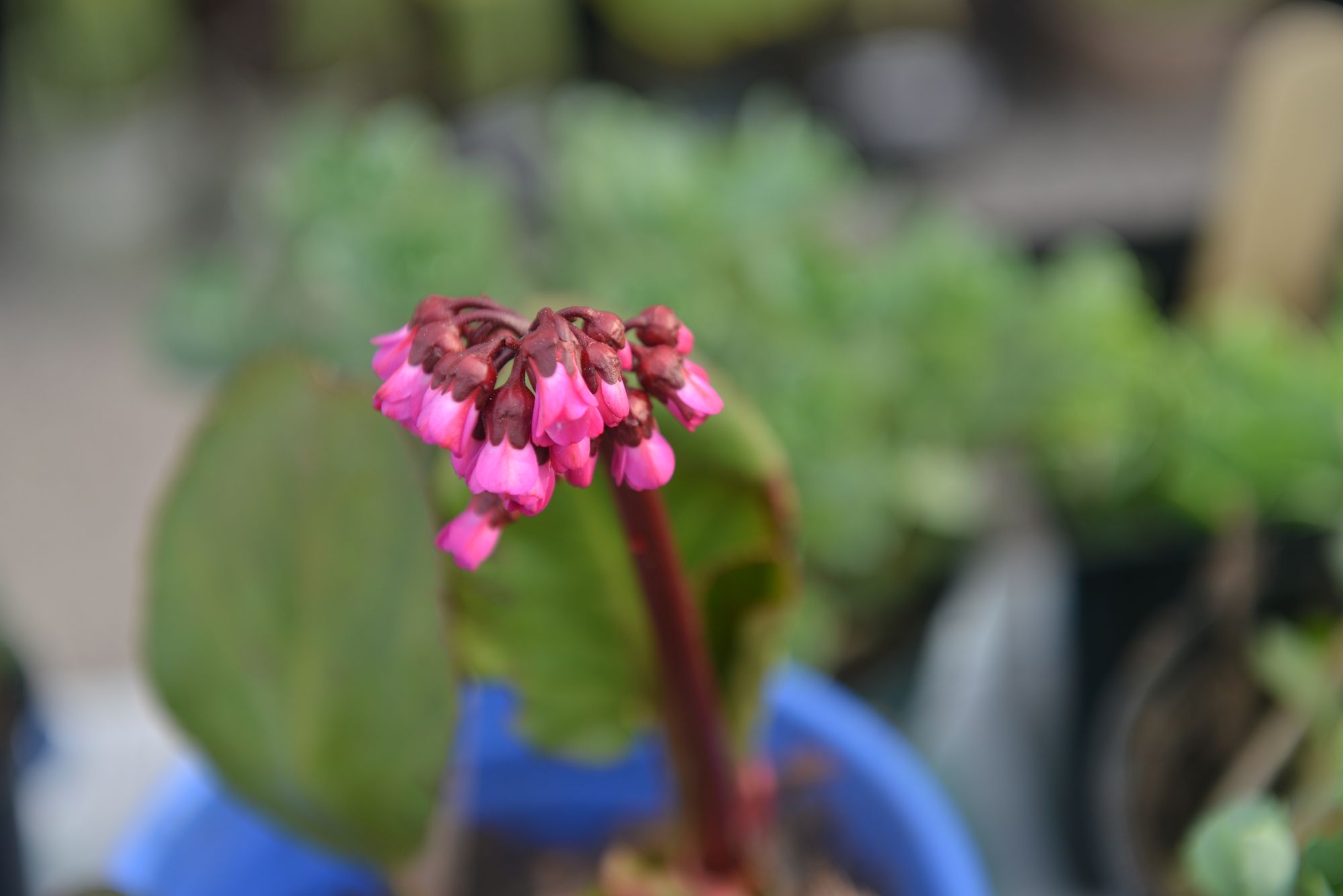
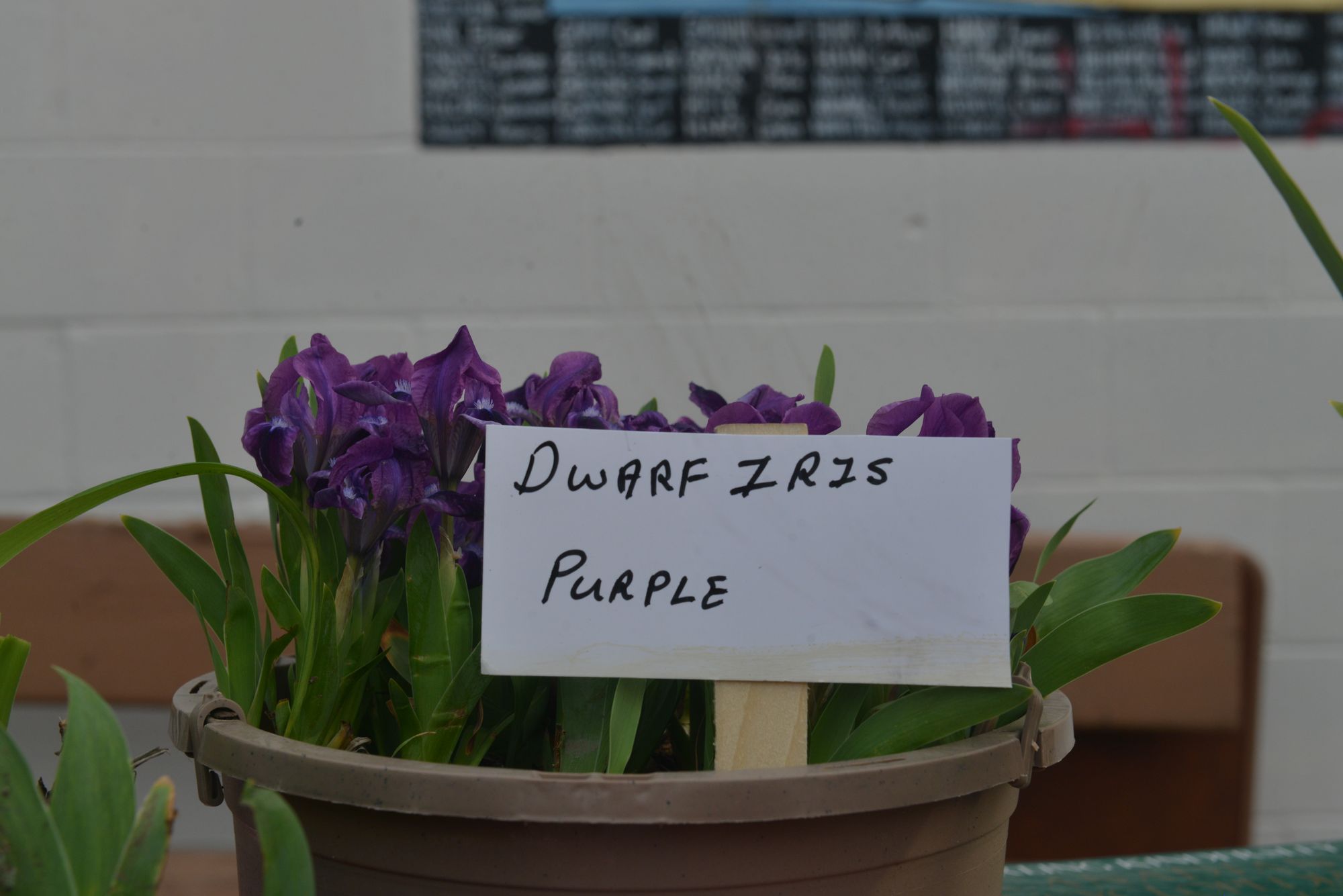
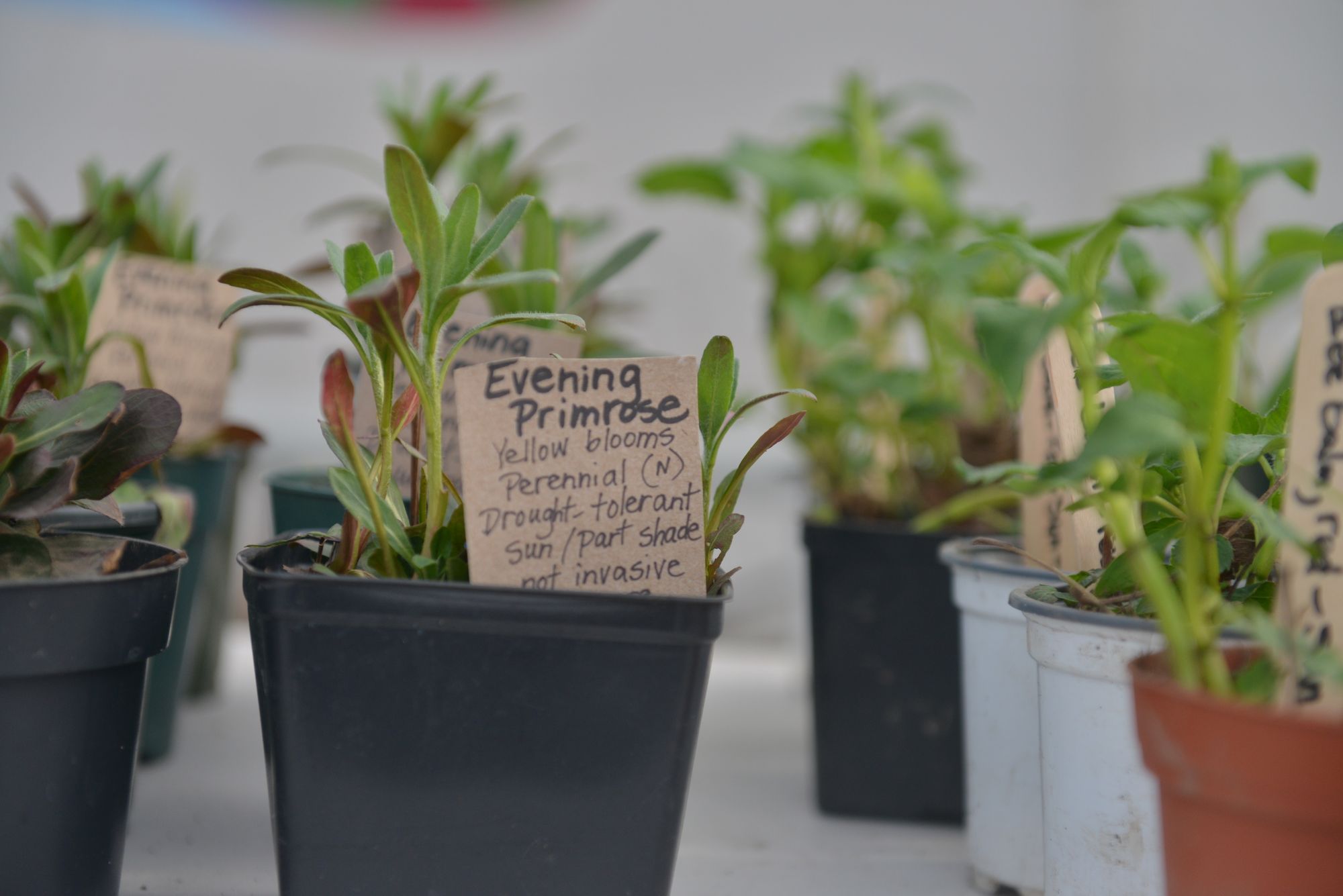
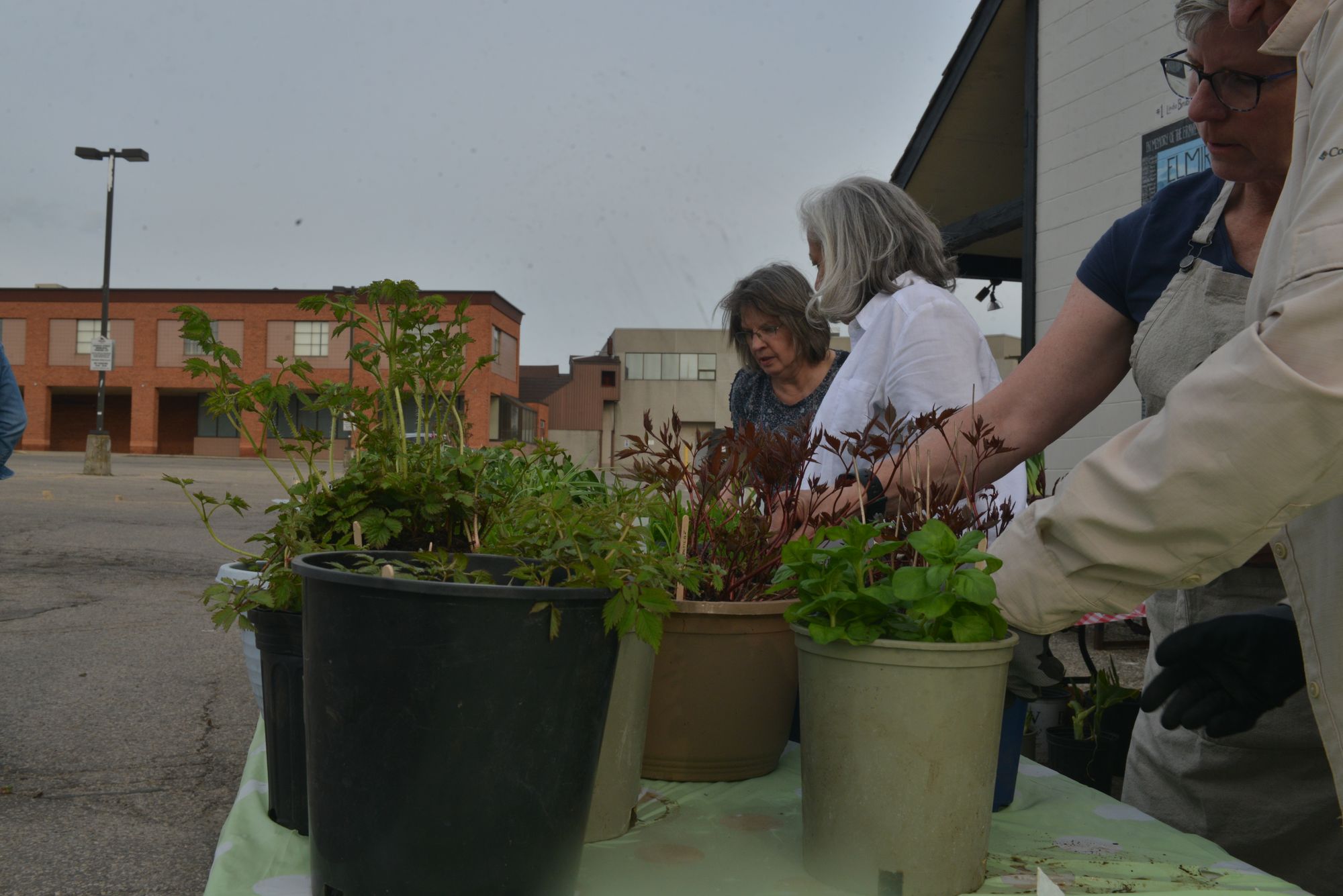
“They’re more hearty. We’ve had times where the temperature’s almost gone down to zero, but it hasn’t affected our perennials, so that’s why we have an emphasis on perennials as opposed to annuals, because if the temperature is cold, then the annuals wouldn’t live,” she said.
Perennials are more sustainable, need less water and don’t require a greenhouse, Snyder added.
Webb agreed, noting there is sentimental value to perennials.
“I have a lovage herb, which is a perennial herb, that is from my family farm where I grew up,” she explained.
The location of plants is another key thing to think about, Snyder said, having learned following one year when she planted a white flowering plant against a white shed.
“That was kind of silly, because you could hardly see the flowers. So you have to kind of think of your backdrop too; you have to think about the height of the plant. You don’t want to plant your low plants at the back of your flower bed and then your high plants at the front,” she added.
Plants are like people, and each has its own quirks, Snyder explained.
“Some like lots of sunshine, some don’t like a lot of sunshine, some like shade so you do have to kind of find out what your plant likes.”

